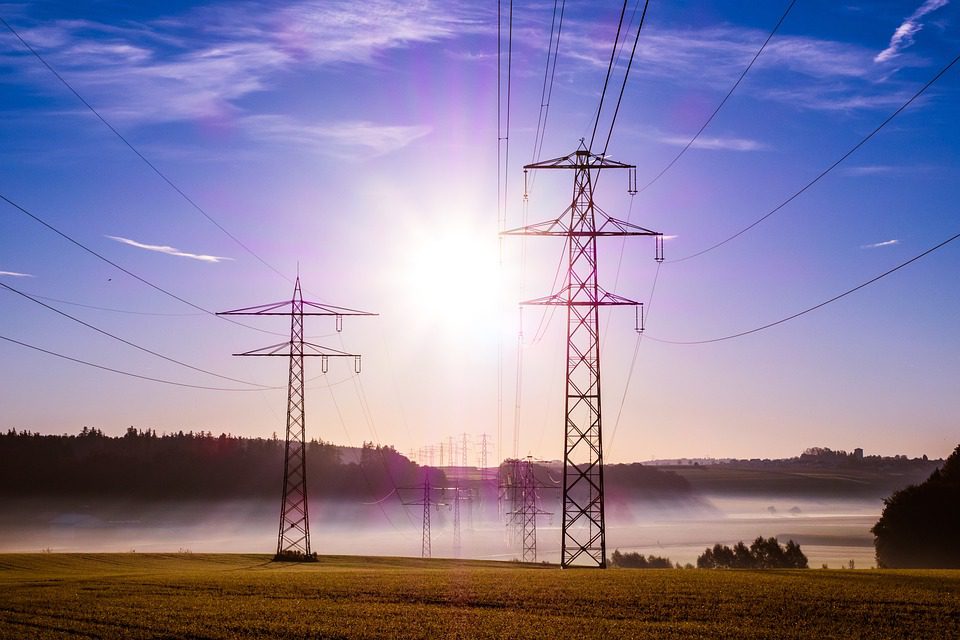
As the energy crisis continues to take its toll, French MPs have voted to renationalise the national electricity company, EDF (Electricité de France), against the advice of the government. On this occasion, a political consensus was formed from the Right to the Left, against Renaissance, Emmanuel Macron’s party.
On Thursday, February 9th, at the end of a particularly agitated session, a text tabled by the Socialist deputy Philippe Brun was adopted by 205 votes for and 1 vote against, after all the deputies from the presidential camp loudly left the hemicycle in protest.
"Nous refusons de participer à ce qui est un déshonneur pour l'Assemblée. […] Dans ces conditions la majorité présidentielle refuse de participer à ces débats qui ne sont qu'une mascarade" dit @auroreberge, avant de quitter l'hémicycle avec les députés de la majorité. #DirectAN pic.twitter.com/7w1oakGqNY
— LCP (@LCP) February 9, 2023
The text voted on includes two provisions: one providing for the nationalisation of EDF to prevent any dismantling, the other, setting up a tariff shield for craftsmen, and in particular bakers. Both of these measures are widely supported by the French public, especially since the country has been plunged into an energy crisis.
Macronist MPs voiced opposition. They argue that the addition of the tariff shield for craftsmen is legally unrelated to the proposed nationalisation of EDF. They also consider this tariff shield to be unconstitutional, as it adds a financial burden to the state. Finally, they consider the socialist bill useless, because the national company EDF is already in the process of being nationalised. Indeed, the state holds 95.82% of EDF’s capital and has already launched a takeover bid to increase its stake to 100%.
The government’s objections were anticipated, hence the specific wording of the bill that was voted on Thursday, February 9th: the deputies voted in favour of a nationalisation, without dismantling. For many months, a rumour has been circulating about a government project, the Hercules project, which would aim to separate the activities of EDF into several groups according to the different activities: nuclear sector, hydroelectric sector, and renewable energies. The text voted on aims to prevent such a dismantling, by submitting to the control of the national assembly any future discussion on the future of EDF.
The unanimity of political parties in favour of this project must be underlined. The text received the votes of the left-wing coalition of the NUPES, with its components of the Socialist Party, La France Insoumise, and the Ecologists, but also the Les Républicains party and the Rassemblement National. This consensus is explained by the extreme sensitivity, in the current context, of energy-related issues. The government is accused of having allowed the French energy system, once a source of national pride, to deteriorate, with serious consequences at a time of shortages.
The text must still be examined by the Senate before its final adoption.
